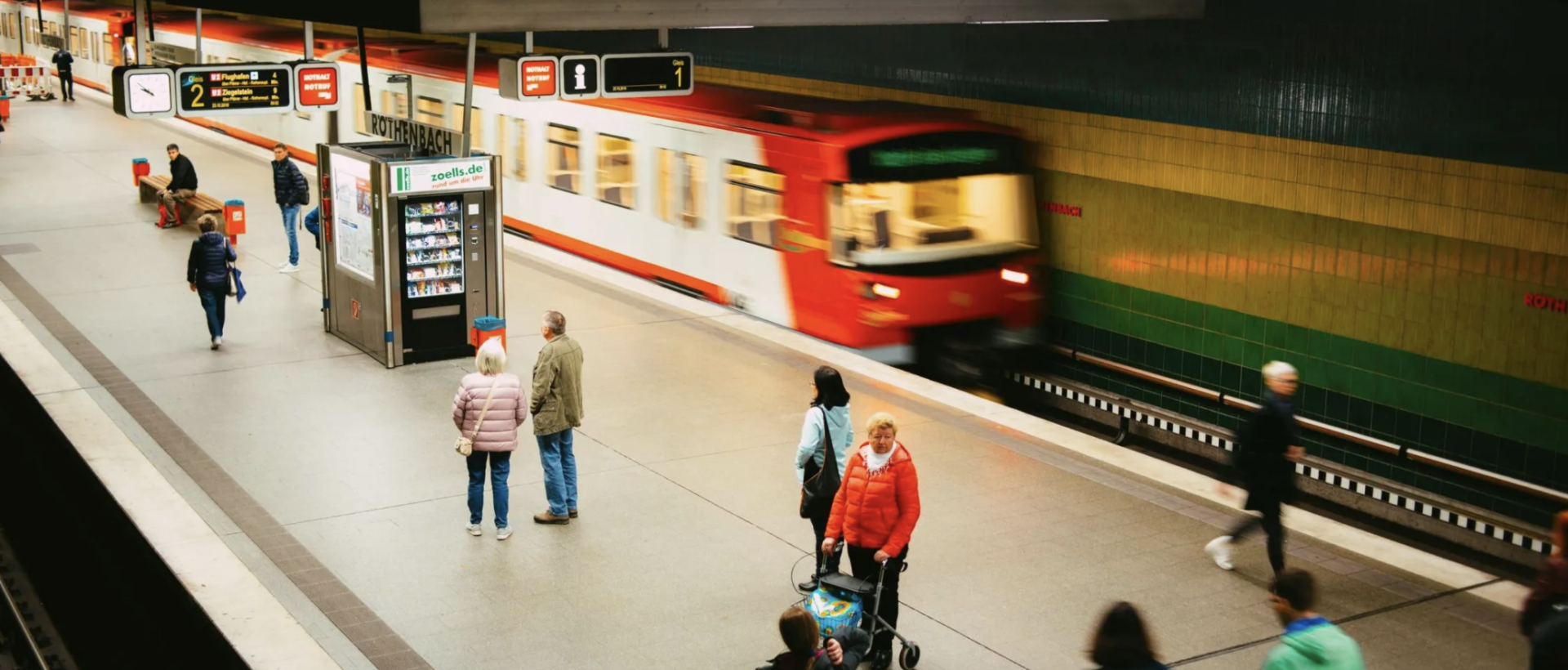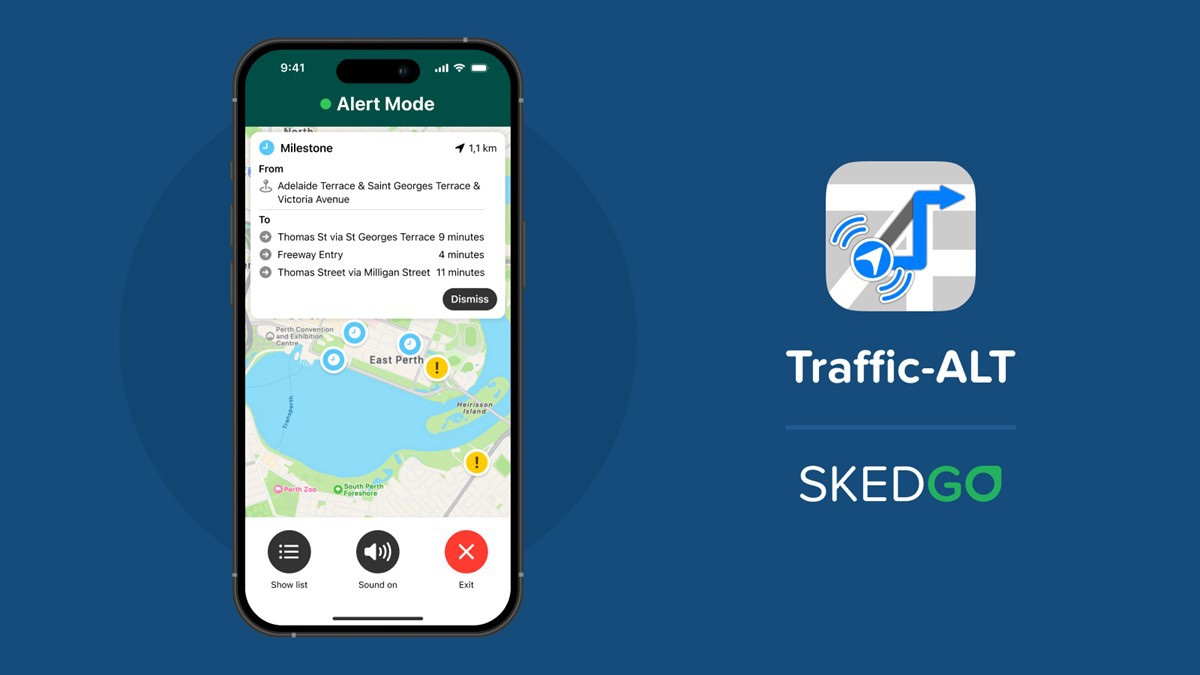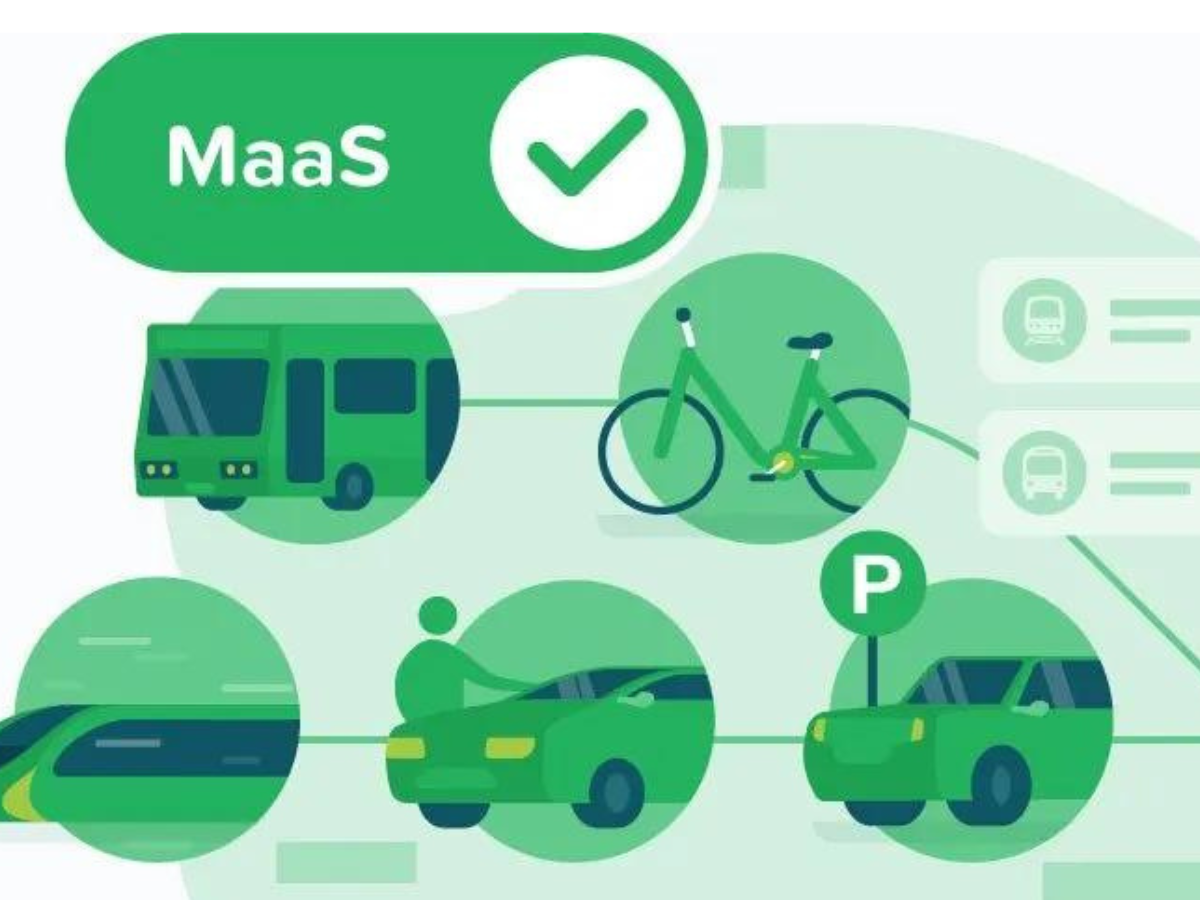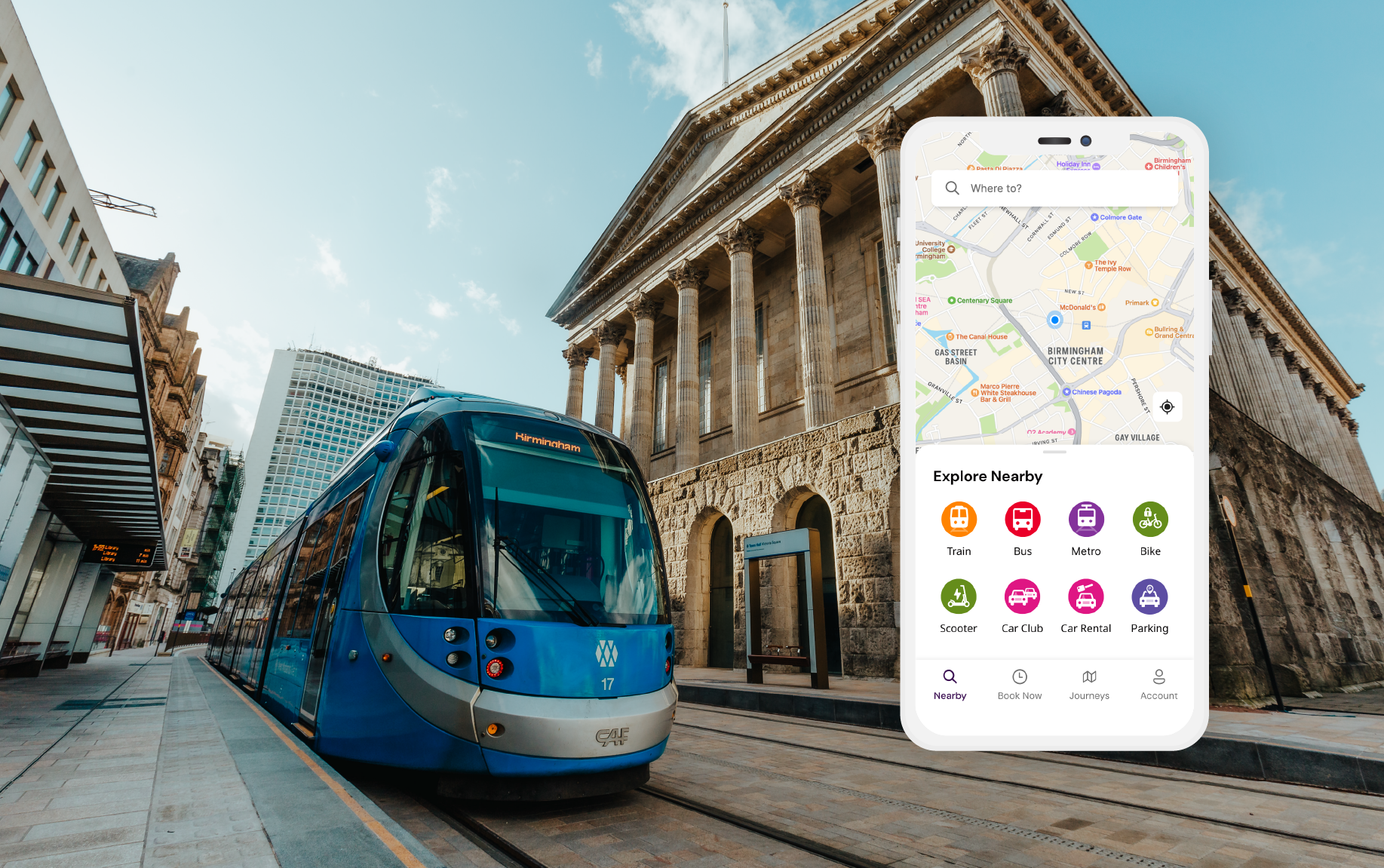Unlocking the Future of Transportation: A Summary of the New DfT MaaS Code of Practice
This summary delves into the code of practice, and key recommendations by the Department of Transport (DfT). You can read the full document here.

Mobility as a Service (MaaS) is a transformative concept revolutionising the way people plan and pay for their journeys in the modern world. In response to the growing availability of data and digital capabilities in the transportation sector, innovative business models have emerged to simplify trip planning and payment processes. MaaS can be defined as “the integration of various modes of transport along with information and payment functions into a single mobility service.”
MaaS platforms are designed to amalgamate data from diverse transportation modes like railways, buses, taxis, and bike rentals into a single, user-friendly mobile application or online platform. The primary goal is to enhance the overall user experience by offering comprehensive journey planning options, digital payment capabilities, encourage sustainable and active travel and enable a more inclusive, tailored mobility experience.
The DfT recognises the transformative potential of MaaS in modernising transportation in the UK. In 2019, the DfT published the “Future of mobility: urban strategy,” outlining a principles-based approach to harness emerging transport technologies and services effectively. This approach includes investments in Future Transport Zones (FTZs) to support MaaS trials and business model development. The DfT is also committed to decarbonising the entire transport system and consults on a MaaS code of practice.
Why Do We Need a Code of Practice
The development of MaaS is complex and faces various technical and commercial challenges, compounded by a web of overlapping regulatory frameworks. To support the growth of MaaS platforms and mitigate unintended consequences, a voluntary, guidance-based code of practice is proposed. Such a code can facilitate MaaS’s emergence without stifling innovation and provide a structured framework for future regulation, if necessary.
The code of practice serves as a valuable resource for organisations involved in MaaS schemes, including MaaS platform providers, transport operators, and local authorities. Additionally, it can benefit the general public, legal advisors, and third parties engaged in designing and deploying MaaS initiatives.
The government envisions MaaS as a means to enhance the travel experience, drive sustainable choices, meet decarbonisation goals, and ensure inclusivity in transportation. MaaS platforms can extend beyond transport, providing information on local events and activities, thereby strengthening community connections. The intelligent mobility sector is projected to contribute significantly to the UK’s economy, positioning the UK as a leader in the industry.
Recommendations from the Code of Practice
Accessibility and Inclusion
These recommendations focus on ensuring inclusivity and accessibility within the Mobility as a Service (MaaS) ecosystem. They suggest that MaaS platform providers actively engage with users who may be negatively impacted by platform design choices. This includes adhering to web content accessibility guidelines, testing accessibility features with diverse user groups, and considering accessibility needs when suggesting routes, particularly for individuals with disabilities. Special attention is given to handling sensitive data with added protection. Furthermore, robust testing and data practices are encouraged to eliminate bias, and MaaS schemes should consider rural accessibility and integrate community transport services. Offline support and physical assistance at stations are recommended, along with prioritising personal safety, especially for vulnerable users.
Enabling Active and Sustainable Travel
These recommendations aim to promote active and sustainable travel options through MaaS. They advise MaaS platforms to inform users about carbon dioxide (CO2) savings from walking or cycling and display health benefits. Users should be able to see active travel choices, and platforms should provide transparency and customisation options for presenting journey results. Aggregated and anonymised journey data should be collected to encourage sustainable choices.
Data Considerations to Facilitate MaaS
This section emphasises the importance of data standards and sharing to enhance MaaS. It suggests using published standards and sharing various types of data, including journey planning, payment, reservation, timetable, location, vehicle availability, disruption, occupancy, accessibility, and carbon emissions data. Reciprocal data sharing is encouraged, and compliance with data protection legislation is vital. The Information Commissioner’s Office (ICO) Data Sharing Code of Practice and data sharing agreements should guide these efforts. Ensuring data accuracy and responsiveness to user concerns is highlighted.
Multimodal Ticketing
The multimodal ticketing recommendations focus on providing a seamless and value-driven ticketing experience in MaaS. Collaboration between platform providers, transport operators, and local authorities is recommended. Future technologies should be considered for easy integration, and plans for scaling multimodal ticketing should be developed incrementally. Early communication among stakeholders is crucial. Transparent pricing structures should be offered, and ticketing schemes should be customisable to individual requirements, including those with disabilities and different characteristics.
Consumer Protection
These recommendations center on consumer protection within MaaS. They emphasise transparent and consistent information for multimodal journeys and provide contact points for user feedback, compensation claims, and refunds. Transparency in promoting or prioritising journeys due to commercial arrangements is highlighted. Ensuring compliance with data protection legislation and conducting impact assessments for high-risk data processing are crucial for user protection.
Competition
The final set of recommendations focuses on promoting fair competition within the MaaS ecosystem. Stakeholders are advised to ensure that commercial agreements promote pricing fairness, avoid service exclusivity, and encourage data sharing to prevent negative competition outcomes. Displaying all available public transport options and services in the MaaS app is recommended to prevent service fragmentation across multiple apps.
What Are the Next Steps
The code of practice will be regularly reviewed and updated to align with the evolving needs of the MaaS industry. The government remains committed to supporting MaaS through strategies that improve transport data quality, enhance rural accessibility, facilitate trials, and promote integrated ticketing. The ultimate aim is to create a better-connected, multimodal transport system and reduce car dependency.
In conclusion, Mobility as a Service is a transformative concept poised to reshape transportation in the UK. The proposed code of practice serves as a guiding document to ensure that MaaS thrives, offering convenience, sustainability, and inclusivity while fostering innovation in the transportation sector. The government’s commitment to MaaS reflects a broader vision of a modern, accessible, and sustainable transport system for all segments of society.
This article was originally published by SkedGo.













